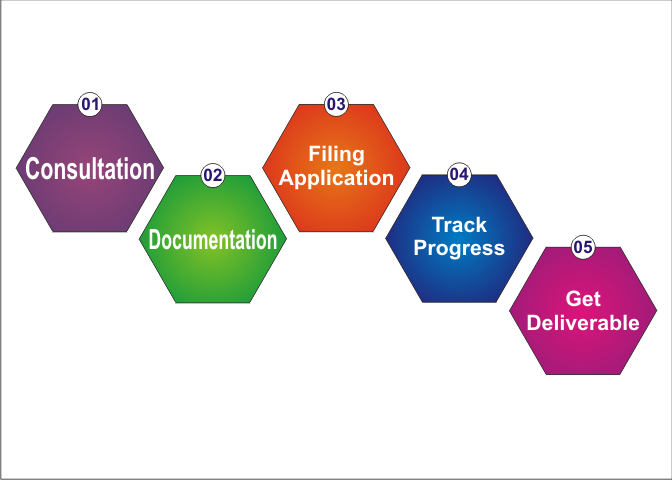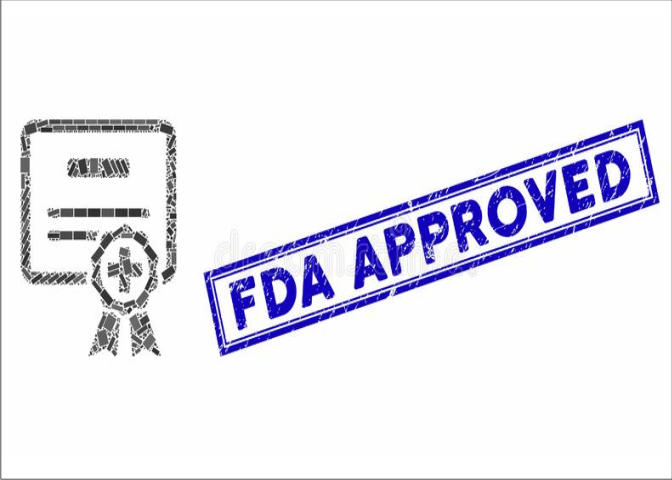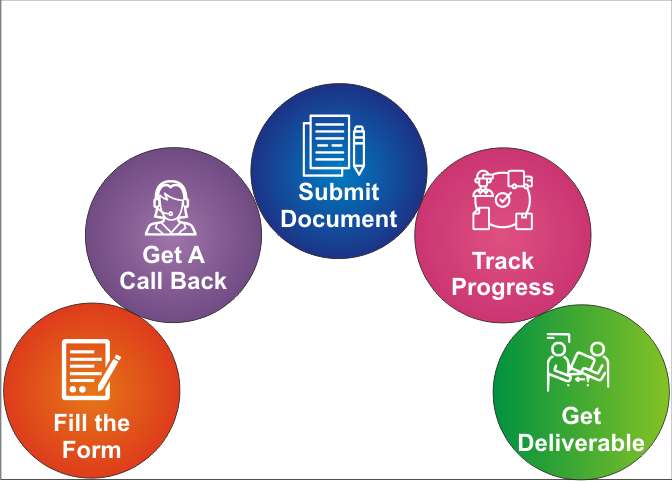Get Started With
servzone
Overview
The FDA or the Food Drug Administration is the oldest comprehensive agency for consumer protection. FDA certification is mandatory for placing products in the United States. The Food and Drug Administration (FDA or USFDA) is an agency that is part of the United States Department of Health and Human Services. The FDA evaluates and approves many different things, including the following:
- New drugs, including biology,
- Food additives for animals and people,
- Color additive in food, cosmetics and medicines for people and animals
- Some Dental Instruments.
FDA issues 483 for FDA certification of products after inspection by an FDA official. According to FDA guidelines, food and pharmaceutical plants in India should follow the current Good Manufacturing Practices (cGMP). The FDA helps ensure the safety, quality, and effectiveness of medical and food products produced in India for export to the United States.
Essential Requirements
FDA certification depends on the type of product being marketed in the United States. Not all types of products require FDA certification. Below is a description of products requiring FDA certification.
for food
Food products do not require FDA certification. The products, before being distributed in the United States, do not require any type of certification from the FDA. Food facilities are required to be registered with the FDA. Registration of food facilities with the FDA does not mean FDA certification of food products. FDA officials visit and examine food and pharma plant facilities in India. Officials check plant compliance with regulations set by the FDA.
for medicine
FDA checks whether the drug conforms to an over-the-counter (OTC) monograph. Pharmaceutical products should be safe and effective. The OTC monograph establishes conditions under which pharmaceutical products will be safe and effective for consumption. (OTC) monograph.
On the other hand, the new drug will require certification from the FDADA if it does not comply with the OTC monograph. Drug manufacturers conduct some laboratory, human, animal tests and then submit data to the FDA. FDA will review the data provided and may grant FDA certification to the product.
for cosmetics
Cosmetic products and their ingredients (other than color additives) do not require FDA certification prior to marketing. Cosmetics companies are not required to be registered with the FDA, but cosmetics products must be safe for use by consumers.
There are some claims in cosmetic labeling, which may require the FDA to regulate a cosmetic product as a pharmaceutical product, and in some cases, it may cause the cosmetic product to receive a certificate of approval from the FDA.
for color additives
Color additives used in food, medicine, certain medical devices and cosmetics require FDA certification. There are some high-risk dyes that require color batch certification from the FDA. Color additives can only be used within compliance approved by the FDA. Harmful color additives are prohibited under the FDA.
for medical devices
Medical devices are placed into three risk-based categories by the FDA. The categories are as follows: Class I, Class II, Class III. Category III category medical devices are the highest risk prone devices. These third-tier devices only require certification from the FDA. Manufacturers of tertiary medical devices must assure the FDA that these tertiary devices are safe and effective for use.
Medical device manufacturers should register with the FDA, and the FDA should be provided with an extensive list of their devices. Registration and listing with FDS Doe does not imply FDA certification manufacturers and equipment.
Required Documents
Access Document
- Bill of Landing
- Airways Bill
- Invoice
- Purchase Order
Important Documents
- Packing List
- List of producers
- labeling copies
- Documentation stating the true owner of the product
- Description of intended use or termination use of the product
- Any other document as requested.

Role of Consultant in FDA Certification?
We at Servzone provide customized, value-added solutions, processes and improved quality standards to increase business efficiency and quality regulatory risks. Our enthusiastic team of experts to deliver risk-based assessments focusing on the health and wellbeing of the global population while reducing regulatory risk for our clients.

Our professionals have knowledge and experience as industry experts responsible for international quality system regulation, pharmaceutical and medical device manufacturers oversight, biomedical monitoring (BIMO), good clinical practice (GCP) and good laboratory practice (GLP) audits.
Registration Procedure
FDA has the authority to inspect facilities in foreign countries that supply food and pharmaceutical products to the United States. Food and drug plants established in India that export products to the United States must comply with the current Good Manufacturing Practices (cGMP) FDA guidelines. The FDA certification process is as follows:
- FDA officials visit food and drug plants in foreign countries.
- The FDA official then issues Form 483 to the manufacturers after the inspection is completed.
- If officials find some deviation from FDA guidelines, it should be in Form 483.
- Form 430 will specify areas that differ from regulatory expectations.
- Variations are then presented and discussed with the management of the construction company.
- FDA also issues an EIR (Installation Inspection Report). The EIR specifies whether action should be taken or not.
- Answer to Form 438 must be submitted to FDA within 15 working days. The response should be detailed with appropriate reasons for the deficiencies. The new action plan should also be included in the response to address the deficiencies.
- Following the response to Form 438, a warning letter may be issued by FDA authorities. A warning letter is issued if FDA officials are not convinced with the response to the Form 438.
- The response to the warning letter should be satisfactory and given within 15 working days. Unsatisfactory response may lead to cancellation of manufacturing licenses, product approvals and withholding import alerts for products.
- The FDA approves import of the drug after the FDA official is satisfied.
Occasionally, FDA officials may directly issue warning letters without issuing Form 438 if they find that certain comments are of a serious nature while inspecting the food and drug plant.
Why Servzone?
We at servzone provide customized, value-added solutions, processes and improved quality standards to increase business efficiency and stringent regulatory risks. Our enthusiastic team of experts to deliver risk-based assessments for our clients, while focusing on the health and well-being of the global population while reducing regulatory risk.
Our professionals have knowledge and expertise as industry experts responsible for international quality system regulation, pharmaceutical and medical device manufacturers inspection, biomedical monitoring (BIMO), Good Clinical Practice (GCP) and Good Laboratory Practice (GLP) audit. have experience.


GST Registration

PVT. LTD. Company

Loan

Insurance


